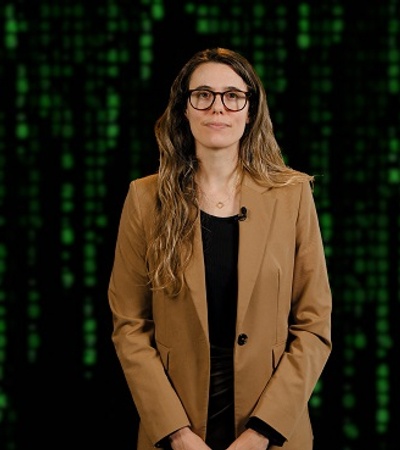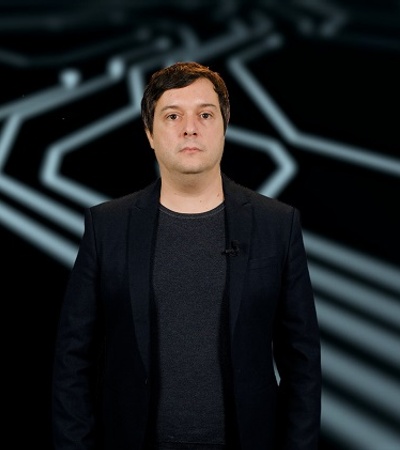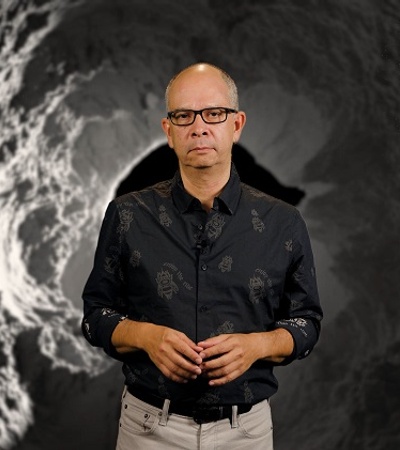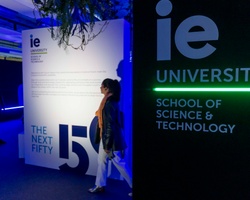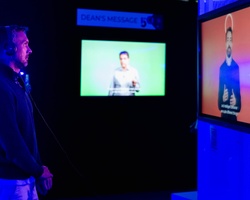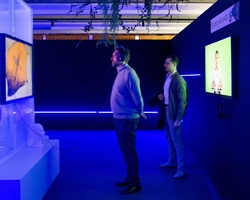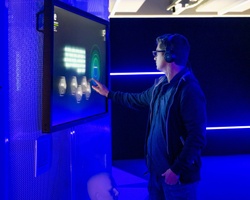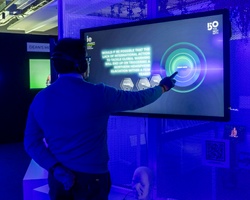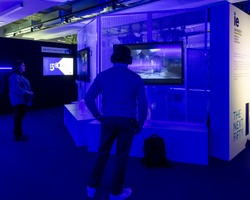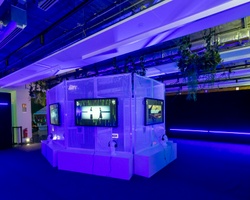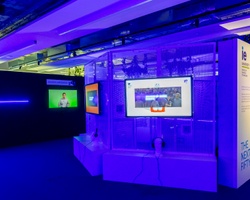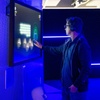
The Next 50: School of Science and Technology
The Next 50: School of Science and Technology
- Home
- The Next Fifty
- The Next 50: School Of Science And Technology
Envisioning a future of science, technology and sustainability
Envisioning a future of science, technology and sustainability
Imagine a world with clean energy, clean water, and abundant food sources. Join Ikhlaq Sidhu, Dean at IE School of Science & Technology, as part of The Next Fifty initiative, to explore the possibilities enabled by advancements in AI, data, and scientific breakthroughs. Discover how IE envisions the future of science and technology, focusing on sustainability and its vital role in shaping the next fifty years. Uncover the importance of interdisciplinary education, combining deep technical skills with a broad understanding of real-world applications. Prepare to be inspired to solve the world's most pressing challenges and create a sustainable future!
The Next Fifty: Envisioning a Future of Science, Technology, and Sustainability with Ikhlaq Sidhu
The Next 50 final exhibition
The Next 50 final exhibition
Welcome to the Future Visions Hub, where the boundaries of science fiction meet the horizons of scientific possibility. Step into a world where iconic sci-fi scenes come to life and embark on a journey through time and technology. Explore the captivating scenarios that once existed only in our imagination and discover how cutting-edge science and innovation could turn these dreams into reality within the next 50 years. Join us in unraveling the science behind the fiction, as we delve into the technologies driving these futuristic concepts and explore the exciting potential of what the future may hold.
Holographic communication virtual reality, mixed reality
"Minority Report" (2002)
While not focused exclusively on holographic communication, this film features futuristic interfaces, including holographic displays, as part of its vision of a technologically advanced society.
Brain-computer interfaces
"The Matrix" (1999)
In a dystopian future, humans are connected to a vast virtual world controlled by intelligent machines. The film's characters use brain-machine interfaces to interact with this digital reality.
Genetic engineering- unraveling jurassic possibilities
"Jurassic Park" (1993)
While primarily a story about cloning dinosaurs using ancient DNA, "Jurassic Park" raises questions about the ethical boundaries of genetic engineering and the potential dangers of playing with nature.
Swarms of micro robots
“Big hero 6”
Tiny robots capable of responding to neural stimulation to form and construct nearly anything from a person’s imagination.
Decoding global warming
“The day after tomorrow” (2004)
“The day after tomorrow” (2004) portrays the adverse effects of global warming and the repercussions of a diminished AMOC on the Earth's climate system. The movie also touches upon two relevant themes: inaction stemming from the politicization and bureaucratic entanglement of the climate crisis, and the geopolitical implications of global warming for modern society.
Human-Machine interaction
"Her" (2013)
In this film, a lonely man develops a deep emotional connection with an operating system that possesses artificial intelligence. "Her" explores the evolving nature of human relationships and the impact of technology on personal connections.
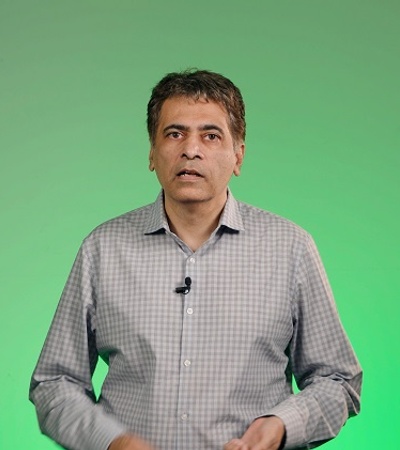
IE Science and Technology School - The Next 50 - TAKE-AWAY BY THE DEAN Ikhlaq Sidhu
SCHOOL SPACE
SCHOOL SPACE
Immerse yourself in the vibrant snapshots of the school space! Click through to relive the highlights and experience the essence of the future of science and technology.
The Next 50: The exhibition
The Next 50: The exhibition

